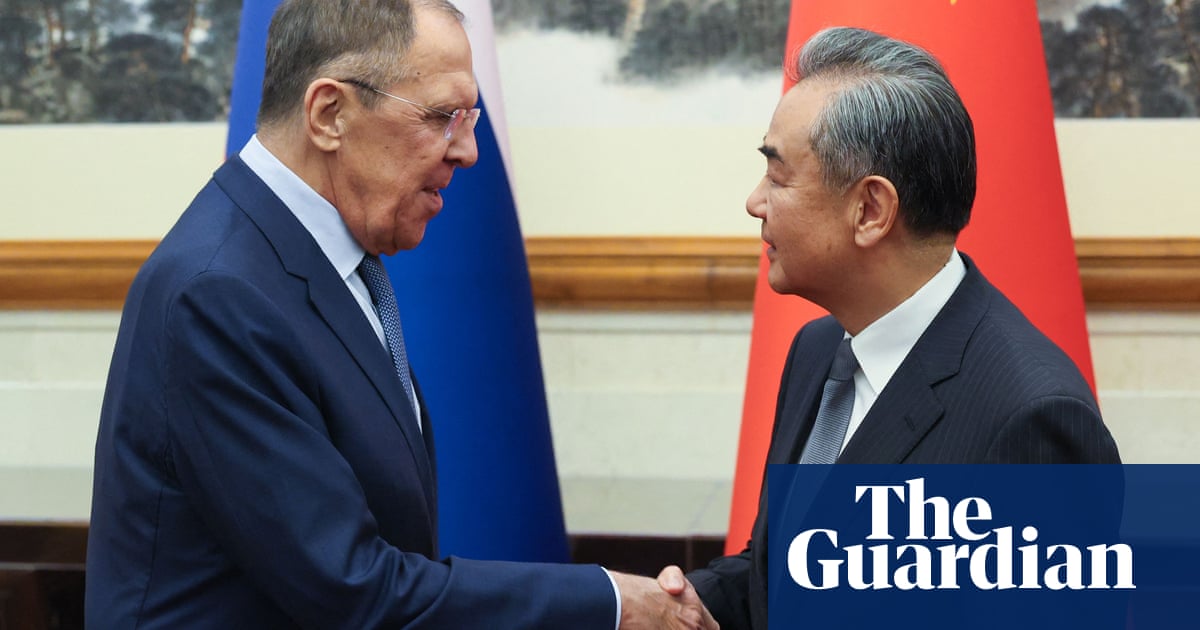- cross-posted to:
- world
- cross-posted to:
- world
Key point Summary:
China and Russia have taken firmer stances in the Gaza conflict, heightening geopolitical tensions. The Chinese foreign minister criticized Israel’s bombing campaign, urging it to stop punishing Gaza’s people beyond self-defense limits.
Meanwhile, Russian President Vladimir Putin drew a controversial parallel between a potential intensified Gaza siege and the WWII Leningrad siege, likely offending Israel. This dynamic raises concerns about growing ties between China and Russia, both historically sympathetic to the Palestinian cause.
These countries aim to balance their relations with Israel while building alliances in the Arab world and beyond. India faces diplomatic complexities, having developed links with Israel, the Arab world, and Iran. The African response varies, with South Africa showing strong criticism due to its historical ties to Israel.
Analysts have suggested China is looking to offset concern in the Islamic and Arab worlds about Beijing’s treatment of the Muslim ethnic Uyghurs in the north-western Chinese region of Xinjiang.
India has made a global fight against terrorism a central principle of its foreign policy for decades and has, like Russia and China, developed economic and other ties with Israel in recent years. But the government of Narendra Modi has also built new relationships with leading actors in the Arab world such as the United Arab Emirates and Saudi Arabia that it does not want to jeopardise. As elsewhere, officials in Delhi are deeply concerned about any further escalation.



This is the best summary I could come up with:
Russia’s top diplomat, Sergei Lavrov, arrived in Beijing on Monday before an expected visit by Putin, which will raise western concerns about increasingly close links between the two powers.
Russia is seeking support for its continuing war in Ukraine while China is looking to build a broader coalition of developing countries to extend Beijing’s influence and reinforce its efforts to compete with the US on the global stage.
Analysts have suggested China is looking to offset concern in the Islamic and Arab worlds about Beijing’s treatment of the Muslim ethnic Uyghurs in the north-western Chinese region of Xinjiang.
The Middle East supplies much of China’s oil needs and is a nexus in the belt and road initiative, President Xi Jinping’s ambitious infrastructure project to connect markets around the world and so extend Beijing’s influence.
There has also been an increase in antisemitic content on the heavily policed Chinese internet, according to Yaqiu Wang, the research director for China, Hong Kong and Taiwan at the US-based not-for-profit organisation Freedom House.
India has made a global fight against terrorism a central principle of its foreign policy for decades and has, like Russia and China, developed economic and other ties with Israel in recent years.
The original article contains 854 words, the summary contains 202 words. Saved 76%. I’m a bot and I’m open source!